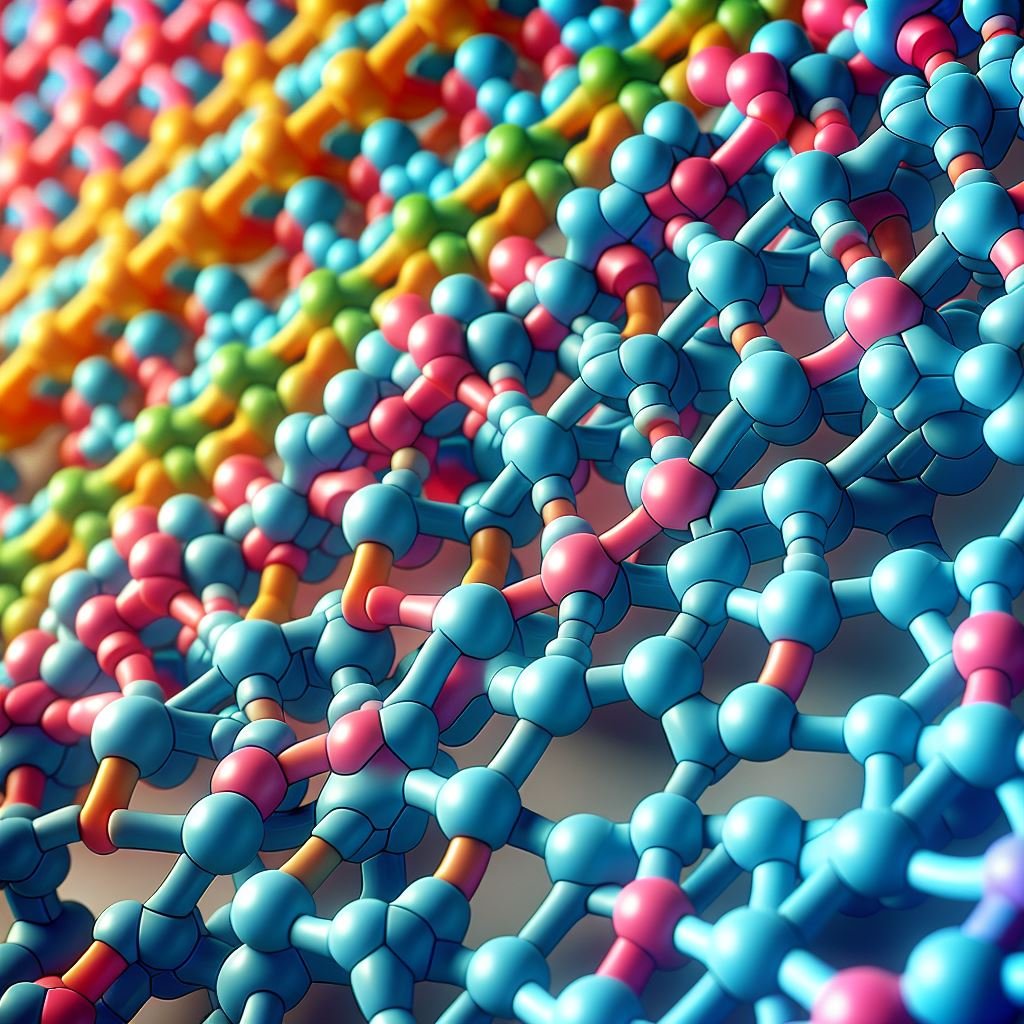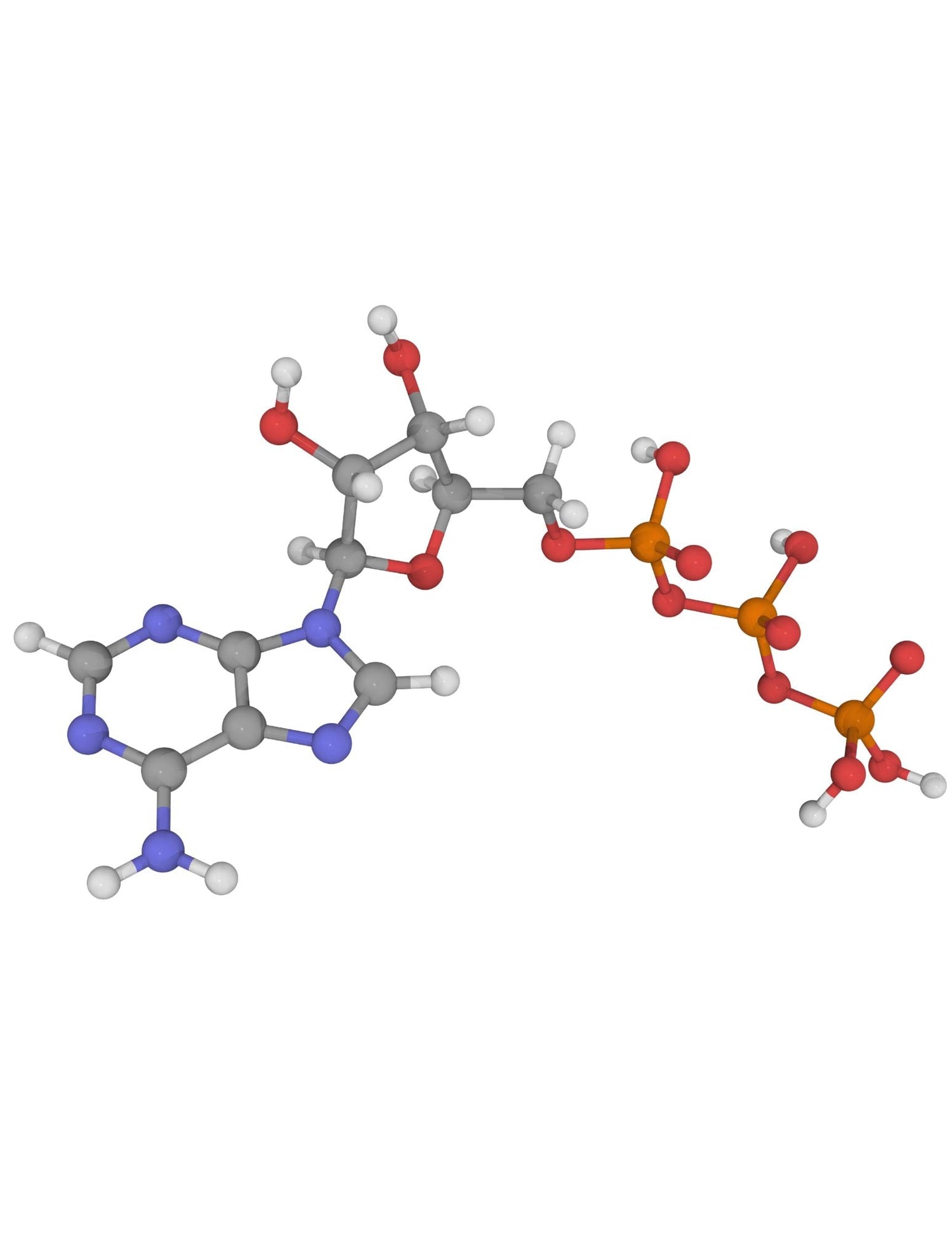Microspheres & Particles
← Back to all Microspheres and Particles
Magnetic Microspheres & Particles
Polysciences provides magnetic microspheres and particles designed for applications in separation, assays, diagnostics, and advanced research. These high-quality particles offer reliable magnetic response, uniformity, and stability, supporting consistent results across laboratory and industrial workflows. Explore our collection to find the right solution for your project.

Collections
-
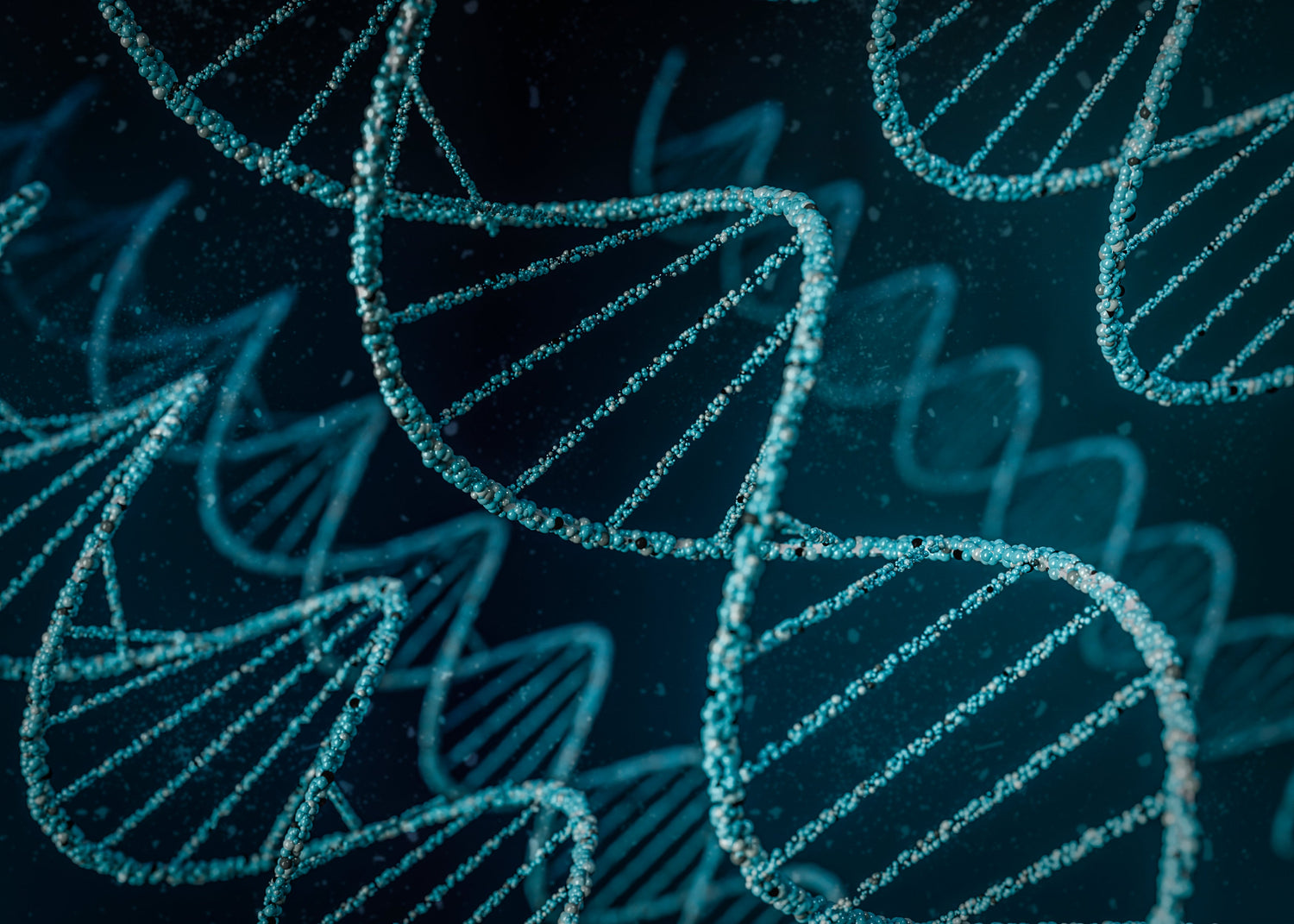
Bioprocessing, Lipids & Transfection
Find transfection reagents and lipids with various preparations and regulatory tiers to...
-
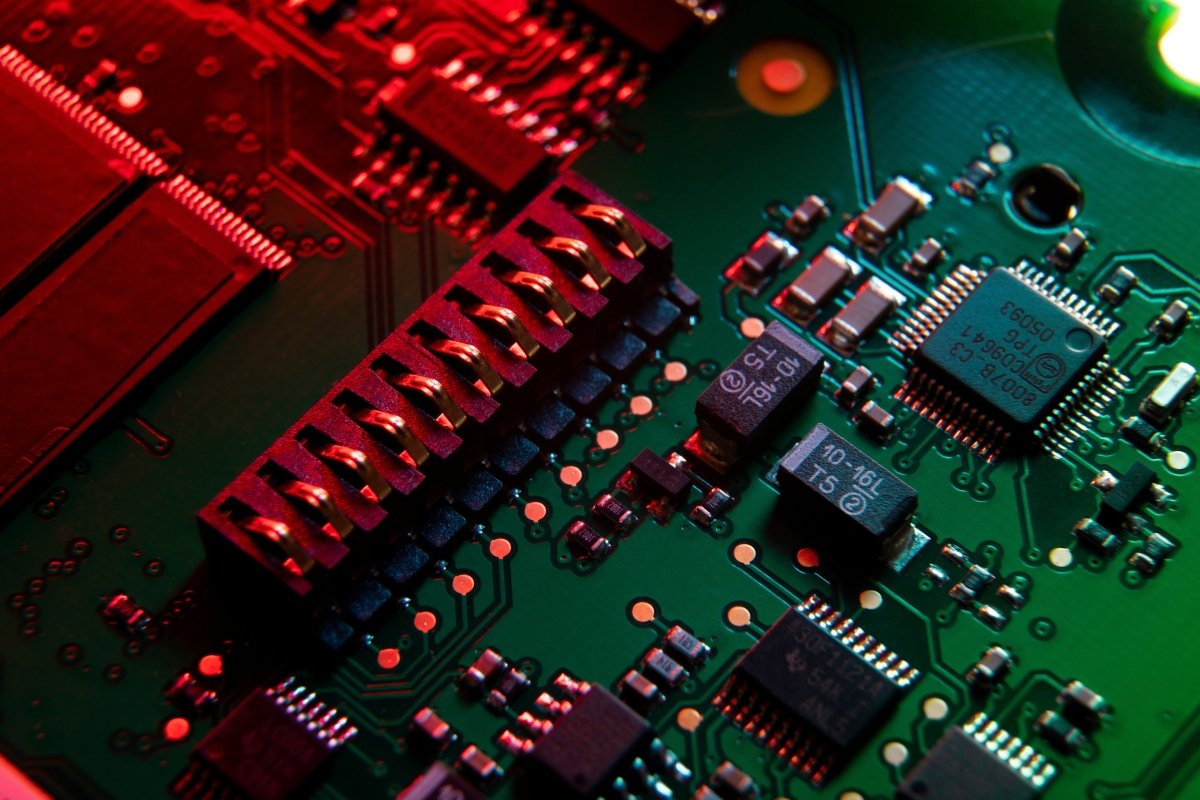
Electronic Chemicals
Access our portfolio of electronic chemicals, including underfills, encapsulants, and conformal coatings,...
-
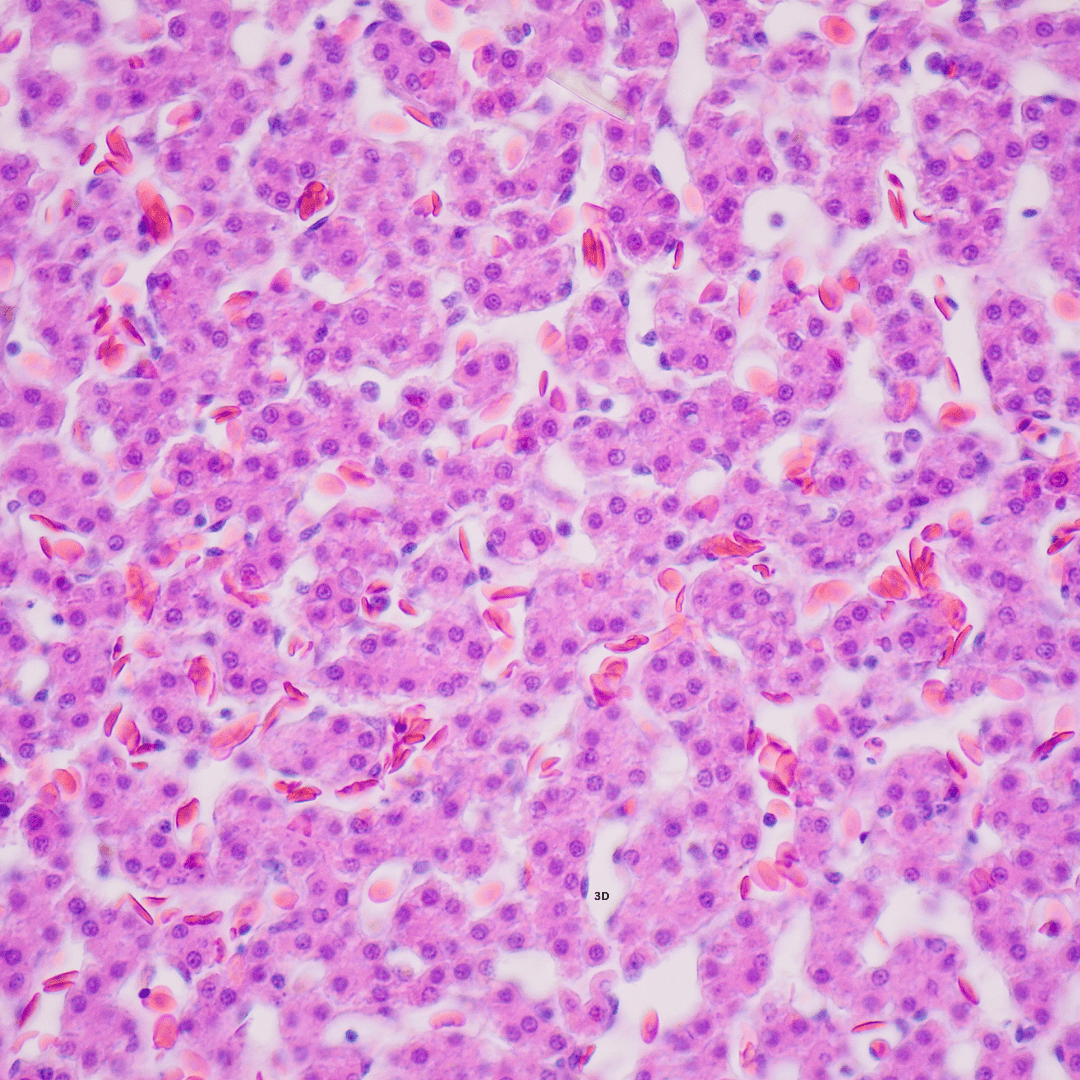
Histology, Cytology & Pathology
Explore a comprehensive range of products for histology, cytology, and pathology, including...
-
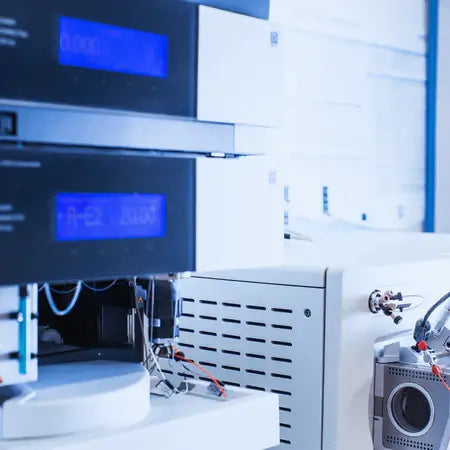
Instrument Standards
Find instrument standards for analytical instruments like cell analyzers and flow cytometers,...
-
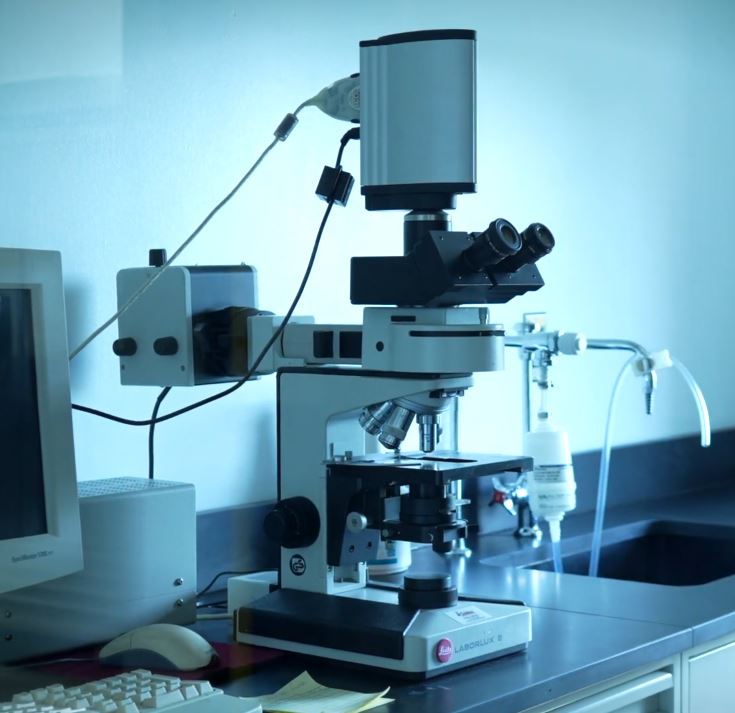
Histology & Microscopy
Equip your lab with our histology and microscopy products, offering high-quality staining...
-
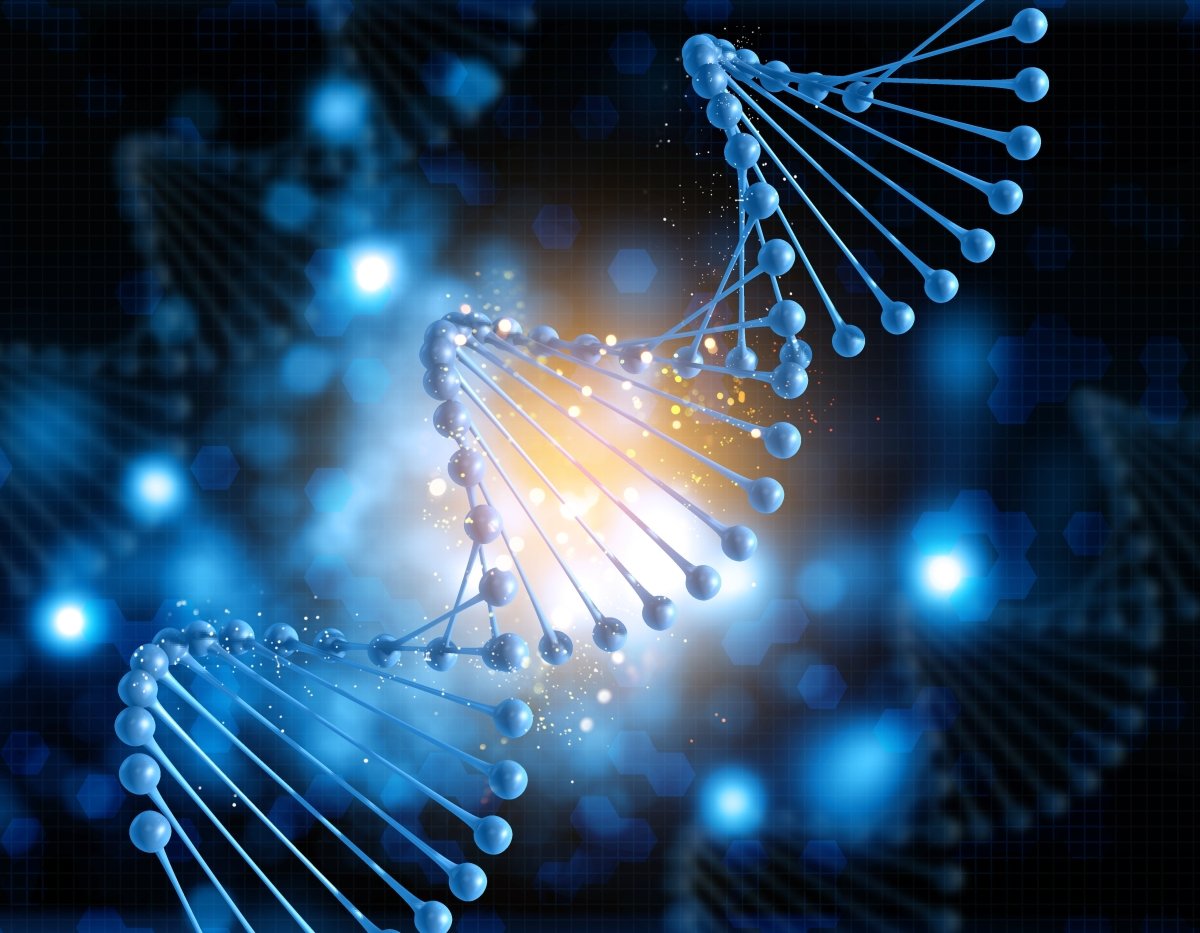
Life Sciences
Discover specialty chemicals and reagents supporting research in histology, microscopy, and anatomic...
-
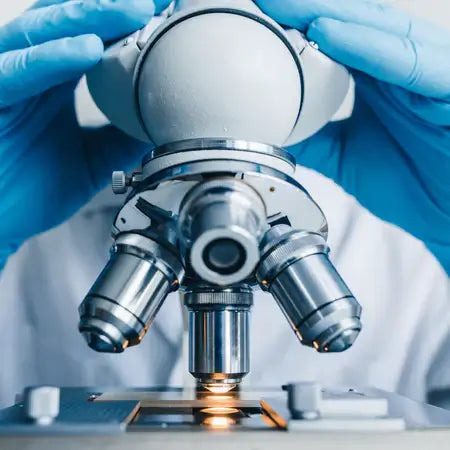
Microscopy & Electron Microscopy
Delve into our microscopy collections, featuring electron microscopy reagents and accessories essential...
-
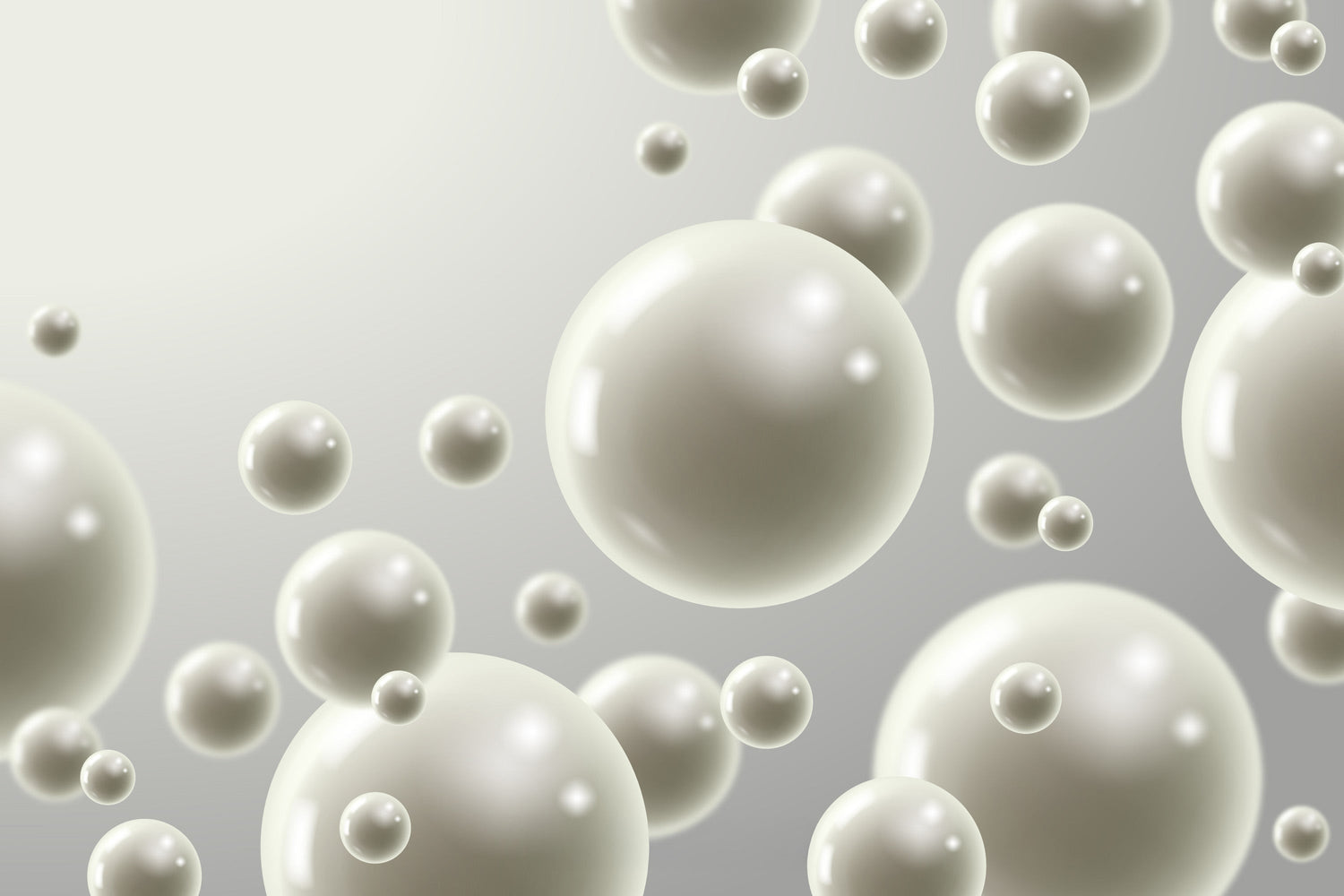
Microspheres & Particles
Popular Searches: Polystyrene Microspheres | Silica Microspheres | Carboxyl Microspheres Browse our selection of microspheres...
-
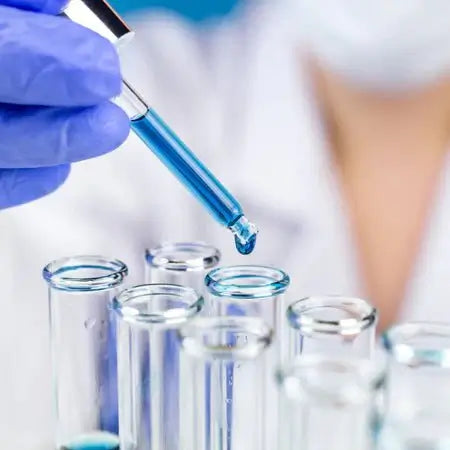
Specialty Chemicals & Adjuncts
Access our range of specialty chemicals and adjuncts, including resins, catalysts, solvents,...







